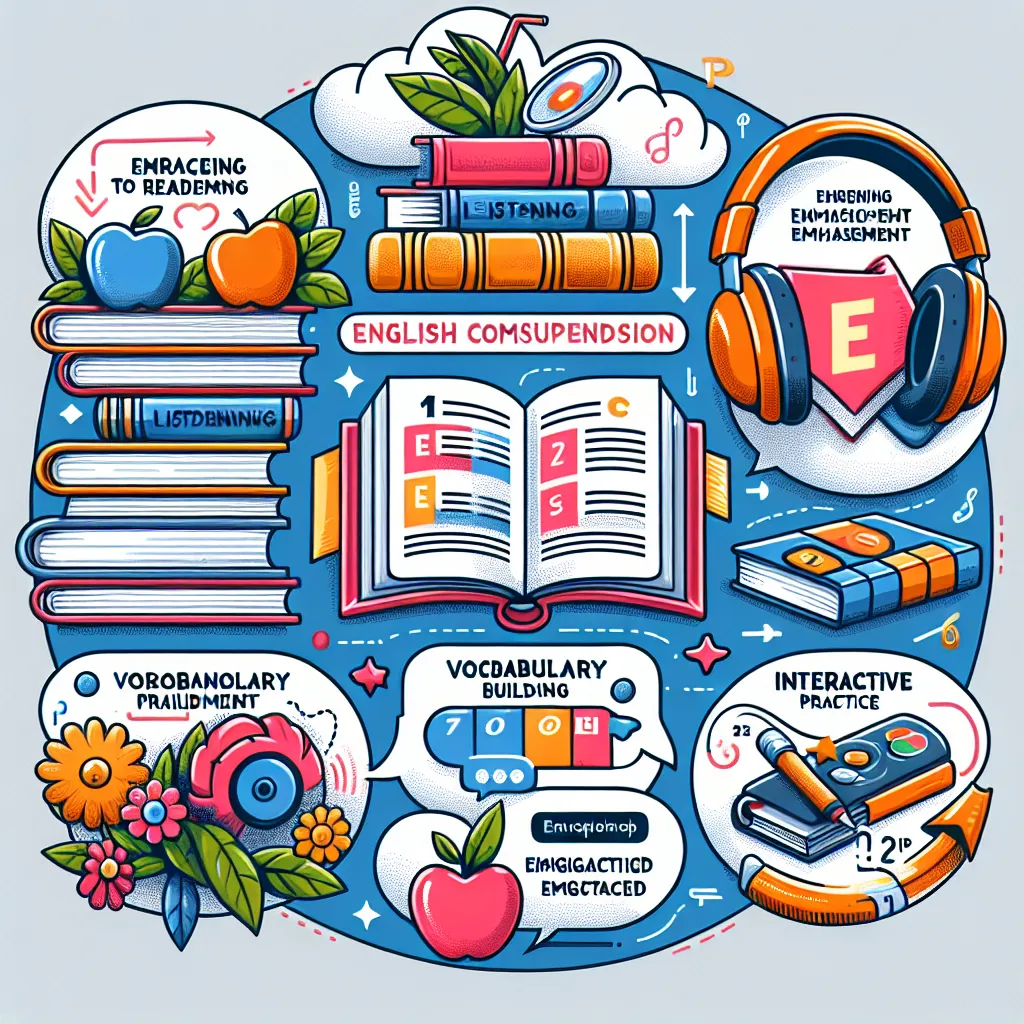Are you eager to improve your English skills but don’t have the time or resources for traditional classes? Learning English on your own can be an effective and rewarding experience. This guide will provide you with practical tips, strategies, and resources to help you master the English language independently.
Why Learn English on Your Own?
Learning English independently offers numerous benefits. It allows you to set your own pace, tailor your learning to your specific needs, and develop crucial self-discipline skills. Moreover, self-study can be more cost-effective and flexible than traditional classroom settings.
 Self-study English
Self-study English
Essential Strategies for Self-Learning English
1. Set Clear Goals
Begin your English learning journey by setting specific, measurable, achievable, relevant, and time-bound (SMART) goals. For example:
- “I want to learn 50 new vocabulary words every week.”
- “I aim to watch one English movie without subtitles by the end of the month.”
- “I plan to have a 10-minute conversation in English with a native speaker within three months.”
Clear goals will help you stay motivated and track your progress effectively.
2. Create a Study Schedule
Consistency is key when learning a language. Develop a realistic study schedule that fits your lifestyle. Even 30 minutes of focused study each day can lead to significant improvement over time. Remember to include a variety of activities in your schedule, such as reading, listening, speaking, and writing exercises.
3. Immerse Yourself in English
Surround yourself with English as much as possible. This immersion can include:
- Changing your phone and social media settings to English
- Listening to English podcasts during your commute
- Watching English TV shows and movies with English subtitles
- Reading English news articles or books daily
The more exposure you have to the language, the more natural it will become to you.
Effective Resources for Self-Study
1. Online Language Learning Platforms
Take advantage of popular language learning apps and websites such as:
- Duolingo: Offers gamified lessons for vocabulary and grammar
- Babbel: Provides conversational lessons and speech recognition technology
- Rosetta Stone: Uses immersion techniques to teach language naturally
These platforms can provide structured lessons and immediate feedback, making them excellent tools for self-learners.
2. English Learning Websites
Utilize free resources available on reputable English learning websites:
- BBC Learning English: Offers a wide range of lessons, quizzes, and videos
- British Council: Provides comprehensive resources for all skill levels
- VOA Learning English: Features news articles in simplified English with audio
These websites offer authentic materials that can help you improve your reading, listening, and comprehension skills.
3. YouTube Channels
Subscribe to English learning YouTube channels for engaging video lessons:
- EnglishClass101: Offers lessons on grammar, vocabulary, and culture
- Rachel’s English: Focuses on American English pronunciation
- BBC Learning English: Provides short, informative videos on various topics
Visual and auditory learning through videos can enhance your understanding and retention of English concepts.
 English learning resources
English learning resources
Developing Key Language Skills
1. Improving Vocabulary
Expand your vocabulary systematically:
- Use spaced repetition apps like Anki or Quizlet to review new words regularly
- Learn words in context by reading extensively and noting unfamiliar terms
- Practice using new words in sentences to reinforce your understanding
Remember, it’s not just about quantity; focus on learning words that are relevant to your goals and interests.
2. Enhancing Grammar
Strengthen your grammar skills through various methods:
- Work through grammar workbooks or online exercises
- Analyze sentences in English texts to understand structure
- Use grammar checker tools to identify and correct your mistakes
Don’t be afraid to make mistakes; they’re an essential part of the learning process.
3. Practicing Speaking
Develop your speaking skills, even without a conversation partner:
- Record yourself speaking English and listen for areas of improvement
- Use language exchange apps like Tandem or HelloTalk to find speaking partners
- Practice shadowing techniques by repeating after native speakers in videos or podcasts
Regular speaking practice will boost your confidence and fluency.
4. Improving Listening Skills
Enhance your listening comprehension:
- Listen to English podcasts on topics that interest you
- Watch English YouTube videos with captions, then without
- Use dictation exercises to improve your ability to understand spoken English
Expose yourself to various accents and speaking speeds to improve your overall listening skills.
Overcoming Common Challenges
1. Staying Motivated
Maintain your motivation by:
- Celebrating small victories and progress
- Joining online English learning communities for support
- Rewarding yourself after achieving specific goals
Remember that language learning is a marathon, not a sprint.
2. Dealing with Plateaus
When you feel stuck:
- Try new learning methods or resources
- Focus on a different aspect of the language
- Take a short break and return with renewed energy
Plateaus are normal in language learning; persistence is key to overcoming them.
3. Managing Time Effectively
Make the most of your study time:
- Use dead time (e.g., commuting) for passive learning activities
- Break study sessions into smaller, focused chunks
- Use productivity techniques like the Pomodoro method to stay on task
Efficient time management will help you make steady progress in your English studies.
Next Steps in Your English Learning Journey
As you continue to improve your English skills:
- Set more challenging goals as you progress
- Consider taking standardized English tests like IELTS or TOEFL to measure your improvement
- Look for opportunities to use English in real-life situations, such as travel or international online communities
Remember, learning English on your own is a journey of continuous improvement. Stay patient, persistent, and enjoy the process of discovering a new language and culture.
By following these strategies and utilizing the resources mentioned, you can effectively learn English on your own. Embrace the flexibility and personalization that self-study offers, and watch your English skills flourish. Don’t forget to track your progress and adjust your methods as needed. With dedication and the right approach, you’ll be speaking English confidently in no time!




